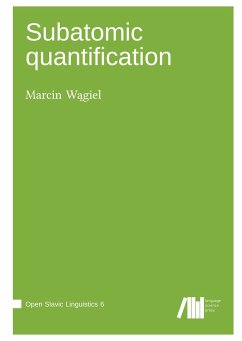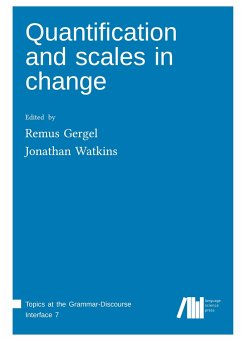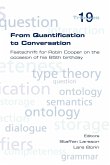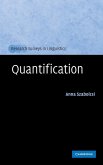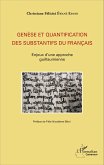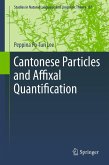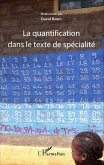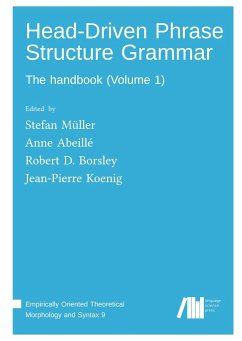The goal of this book is to explore the relationship between the cognitive notion of parthood and various grammatical devices expressing this concept in natural language. The monograph aims to investigate syntactic constructions and lexical categories, e.g., partitives, whole-adjectives, and multipliers, encoding different kinds of part-whole structures both in Slavic and non-Slavic languages. It is envisioned to inspire radical rethinking of the ontology of models accounting for nominal semantics. Specifically, it provides novel evidence for a mereotopological approach to meaning, i.e., a theory of wholes that captures not only parthood but also topological relations holding between parts. This evidence comes from the phenomenon of subatomic quantification, i.e., quantification over parts of referents of concrete count nouns.
Hinweis: Dieser Artikel kann nur an eine deutsche Lieferadresse ausgeliefert werden.
Hinweis: Dieser Artikel kann nur an eine deutsche Lieferadresse ausgeliefert werden.

